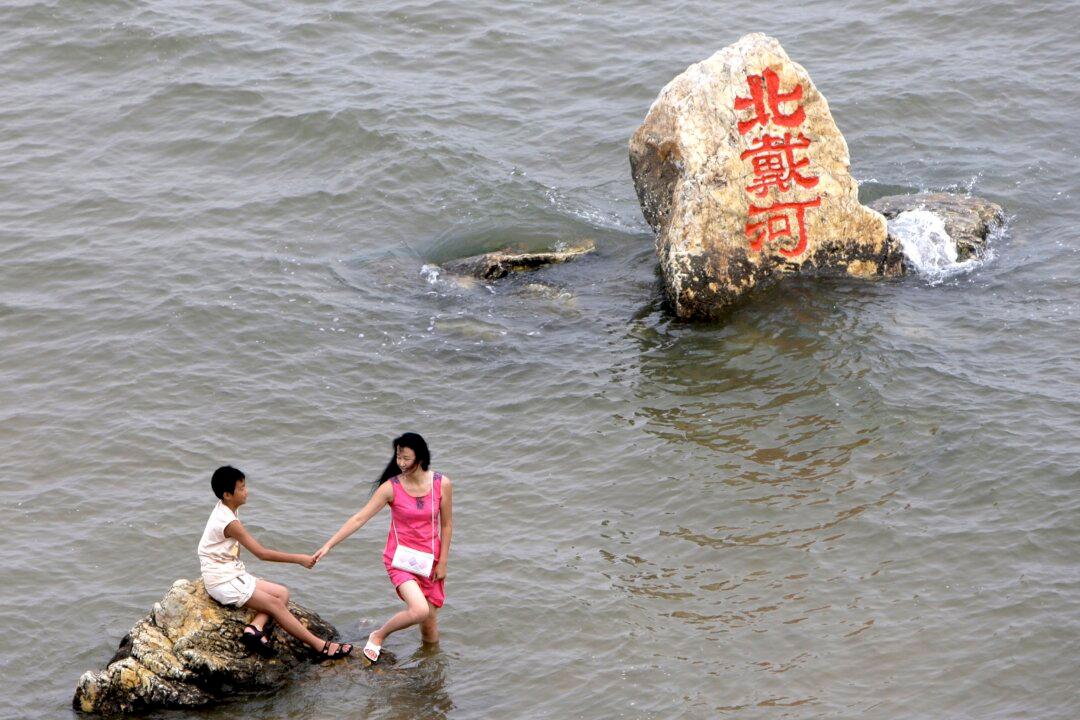It’s summer time in China, and the Communist Party’s top leaders and elders are due in the resort town of Beidaihe for an informal, but politically significant secret meeting—a meeting that might very well not take place at all this year, according to Chinese state-run media.
Since former Communist Party chief Mao Zedong took a liking to Beidaihe in the early 1950s, China’s leaders have met there in the unofficial “summer capital” almost yearly to iron out the country and Party’s affairs—who should be promoted or purged, and what policy should be passed is often decided in the coastal town on the Bohai Sea before it gets rubber stamped in Beijing.
What would likely be discussed at the Beidaihe sessions are often the subject of intense speculation by many Chinese both on the mainland and abroad.




